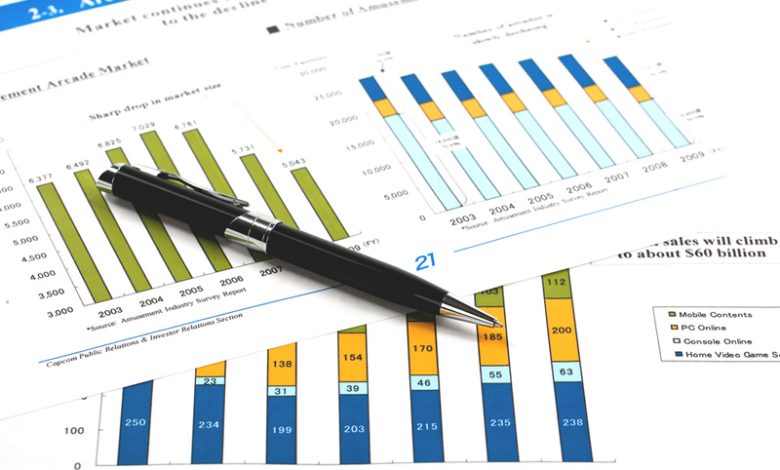
Lawmakers Reject Colombia Government’s 2025 Budget Proposal
By Nelson Bocanegra and Carlos Vargas
BOGOTA (Reuters) – The Colombian Senate’s economics committee has rejected the government’s proposed budget for 2025, citing concerns that the country will struggle to collect the anticipated revenue amid lower-than-expected tax income.
At the end of July, Colombia’s finance ministry introduced a proposed budget to Congress amounting to 523 trillion pesos (approximately $122 billion). The proposal was dismissed despite the finance ministry’s recent fiscal reform suggestion aimed at generating an additional 12 trillion pesos (around $2.8 billion) to support the budget.
The majority of lawmakers on the economic commissions in both the Senate and the lower house, who were reviewing the bill together on Wednesday, expressed doubts about the government’s ability to increase funds. They criticized initiatives to combat tax evasion and avoidance as unrealistic.
"We cannot approve an unfunded proposal, which is the result of President Gustavo Petro’s irresponsibility," stated Senator Carlos Abraham Jimenez from the right-leaning Radical Change party.
Petro indicated on Tuesday that he would implement the budget by decree if Congress does not approve it. Senate president Efrain Cepada, from the Conservative party, emphasized that the country requires a serious approach, justification, and clear funding sources when considering such substantial budgets. "If that’s not the case, we must reject it," he remarked, underscoring that it’s a fundamental expectation of Congress.
The Senate’s economic commission dismissed the budget by a vote of 12 to 1, eliminating the need for a vote in the house committee.
Last June, the finance ministry was compelled to suspend approximately $4.6 billion in spending due to a significant decline in tax revenue, which resulted in an increase in the projected fiscal deficit for 2024 to 5.6%, up from an earlier estimate of 5.3%.
An independent committee responsible for monitoring the country’s adherence to its fiscal rules, established to prevent the deterioration of public finances, indicated in July that modifications are necessary to ensure compliance for 2024 and 2025, given potential risks to tax collection.
 GOOGL
GOOGL  META
META 


